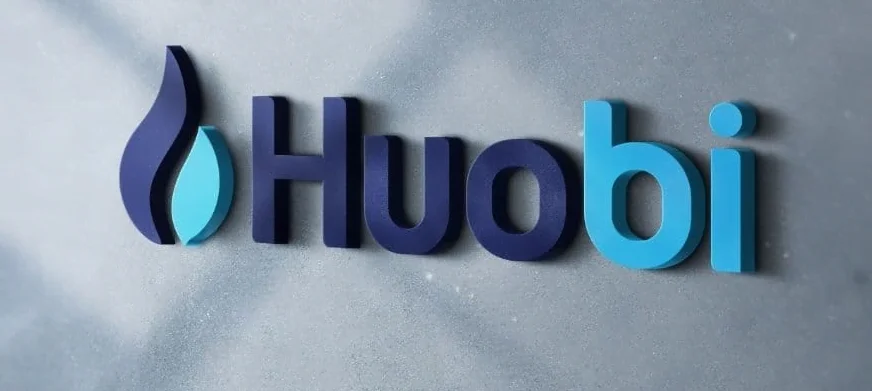Leon Li who is the co-founder of Huobi is said to have told other investors in the company about his decision at a shareholders’ meeting in July.

Leon Li, who helped start the global cryptocurrency exchange Huobi, is reportedly in talks to sell most of his shares in the company, which could be worth more than $1 billion.
Bloomberg said that Li talked to several investors about selling a 60% stake in the crypto company, which could be worth more than $1 billion and, according to some estimates, could sell for as much as $3 billion.
Huobi Sale Confirmation
A spokesperson for Huobi told Bloomberg that the company’s co-founder is in talks with a number of international giants to sell his majority share in the cryptocurrency exchange, but did not give any more information.
Li is said to have told other investors in the company about his plans at a shareholder meeting in July of this year. Li has given Hua Zhu his job as a chief executive officer so he can focus on his health.
The report also said that Justin Sun, the founder of Tron, and the global cryptocurrency exchange FTX were among the first investors to talk to the Huobi co-founder. At the time of press, Huobi hadn’t replied to Cointelegraph’s requests for comment.
Token Deal Is Set to Disrupt Crypto
The report also said that the deal could be done by the end of this month. Once it’s done, it could be one of the biggest deals since the cryptocurrency market crashed in May.
The market downturn has also turned into a chance for crypto giants like FTX, which has given $1 billion to crypto exchanges that are struggling to stay in business because they have lost a lot of money and don’t have enough money.
Huobi was started in 2013 and now has a daily trading volume of more than $1 billion. After BTCC shut down, the crypto exchange became more popular and quickly became the place where Chinese crypto traders went to trade.
The exchange eventually stopped serving Chinese users after the government in Beijing said that all crypto-to-crypto exchanges were illegal and told foreign exchanges they couldn’t offer their services.
Since the Chinese government banned it, Huobi has grown a lot in other countries. It first got licenses in Dubai and New Zealand, then one from the United States Financial Crimes Enforcement Network (FinCEN).

